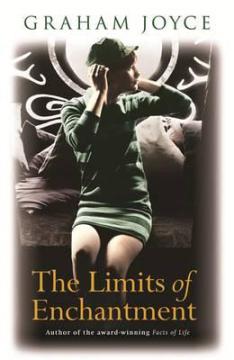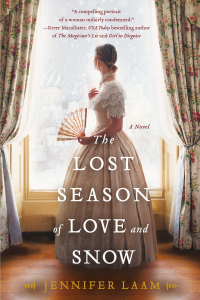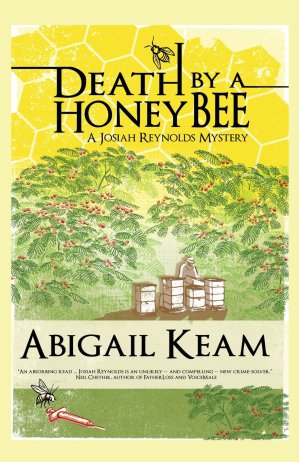This review of The Limits of Enchantment by the greatly-missed Graham Joyce was written in 2005 for the website Infinity Plus.
Gollancz, 2005, £14.99, 250pp, ISBN 0-575-07231-8
 As I write this here in the UK we’re three weeks away from a general election, one being fought around all sorts of hitherto largely unseen and unpleasant mind-sets, so it was a relief to dive into Graham Joyce’s latest joy of a novel and discover this pearl of wisdom:
As I write this here in the UK we’re three weeks away from a general election, one being fought around all sorts of hitherto largely unseen and unpleasant mind-sets, so it was a relief to dive into Graham Joyce’s latest joy of a novel and discover this pearl of wisdom:
‘Mammy said that in our everyday work, in our everyday thoughts, we fall asleep, we lose awareness, we miss what is going on. And when we sleep on our feet like this […] we fall back on a grumbling and discontented voice in ourselves, on our lower instincts. And if only we could wake up and listen, then a dirty film of lazy thinking might be scrubbed away, and everything would look bright and polished, and we might be thankful.’ (p.141-2)
‘Mammy’, one of the central characters and wellsprings of wisdom in The Limits of Enchantment, is talking about life, but I think it’s an observation equally applicable to politics. And to Graham Joyce’s books. There’s such a deep joy to them, a naïve delight in ordinary (and not so ordinary) people, and in the world. Joyce’s closest literary relation that I’m aware of is the American Jonathan Carroll, whose work also highlights how singular and extraordinary life can be.
Whereas Carroll’s books tend to be deeply surreal and suffused with his own unique ontology, Joyce stays (fairly) strictly within the real – almost at the kitchen sink.
It is only around the frayed edges of his stories that something magical can perhaps – perhaps – occasionally be glimpsed, and whether that magic is a simple joie de vivre or a blood relation to fairies and spirits is sensibly open to debate. Certainly Graham Joyce isn’t telling.
The point is that there should be more than enough magic in the world for everyone, without recourse to ‘the little people’ or sorcery, if we’d only look around – as Mammy tells us – and open our eyes to it. Fern, the central character of The Limits of Enchantment, has had her eyes opened perhaps a little too much, having been bought up by Mammy, a very old-fashioned ‘wise woman’, midwife and keeper of secrets.
Living in the Midlands in the mid-sixties (1960s, that is!), their lifestyle is at odds with that of the modern world, but Fern doesn’t quite fit in either it seems. The two of them are living on the edge of a society that is changing, one that has little room or tolerance for their old-fashioned ways.
I don’t want to say much more about The Limits of Enchantment because I can’t possibly do it justice and might risk setting genre alarm bells ringing – and that would be entirely my fault, not the author’s.
Joyce writes with an ease and a rhythm that most writers can only dream of. Characters, situations and compassion drip from these pages, yet never do they seem laboured or forced. Humour is found in perfectly ordinary situations, just as most of us find humour in our lives.
In fact, that’s what Joyce’s books are – big, generous slices of life, still warm from the oven of his mind. So I’ll just say this: if you’re a living, breathing human being who enjoys reading books then go and read The Limits of Enchantment. Today.
Now.
For as Mammy pertinently says:
‘You can […] get stuck and go to sleep in a corner of your life and then wake up seven or seventy years later and it was all gone. She said how you could blink during one of your school days and then you blinked again and your own children were at school and you’d somehow got stuck and how we should never allow that to happen because we were too disposed to letting a life go by unheeded.’ (p.153)
Advertisements Share this:




